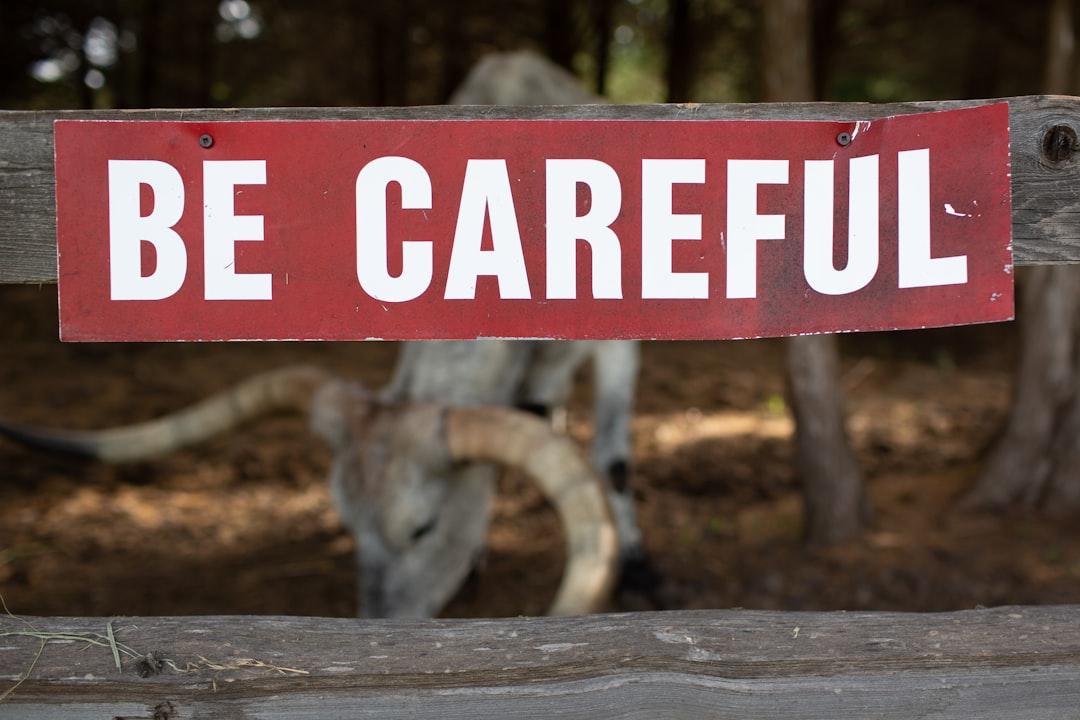Tips To Avoid Plagiarism
- Start with research: When writing about a topic, do thorough research and look for information from various sources.
- Record your sources and information: As you go along, note down the sources where you get information.
- Brainstorm: Once you have enough details from various resources, use them as a base to generate new ideas on the same topic.
- Present sources for all facts and statements:
- Cite quotations or quotes: If you use a direct quotation from someone, cite it. It could be in the form of ‘As author X says’
- State your own thoughts and findings: Add your own insights and ideas.
5
82 reads
CURATED FROM
IDEAS CURATED BY
Plagiarism can destroy careers and reputations. Learn how to avoid it.
“
Similar ideas to Tips To Avoid Plagiarism
The Popova Method: How to take notes
- Create a title on top of the page.
- Start building your ideas index: As you're reading, list the topics and ideas that seem to be important and reoccurring. Use short sentences. Use one idea per line.
- Record the pages: Unde...
Test the alternative explanations to narrow your investigation
Use a systematic approach to eliminate as many explanations as possible through falsification.
- Collect the available information.
- Check the facts for accuracy and relevancy.
- Connect the dots. Do differe...
How to Avoid Jumping to Conclusions
- Question the validity of the information.
- Collect maximum information before reaching any hypothesis.
- Come up with multiple hypotheses.
- Don't favor a certain outcome.
- Find potential flaws in your own reasoning and question your facts....
Read & Learn
20x Faster
without
deepstash
with
deepstash
with
deepstash
Personalized microlearning
—
100+ Learning Journeys
—
Access to 200,000+ ideas
—
Access to the mobile app
—
Unlimited idea saving
—
—
Unlimited history
—
—
Unlimited listening to ideas
—
—
Downloading & offline access
—
—
Supercharge your mind with one idea per day
Enter your email and spend 1 minute every day to learn something new.
I agree to receive email updates

